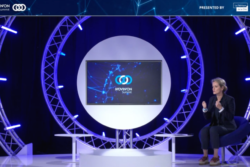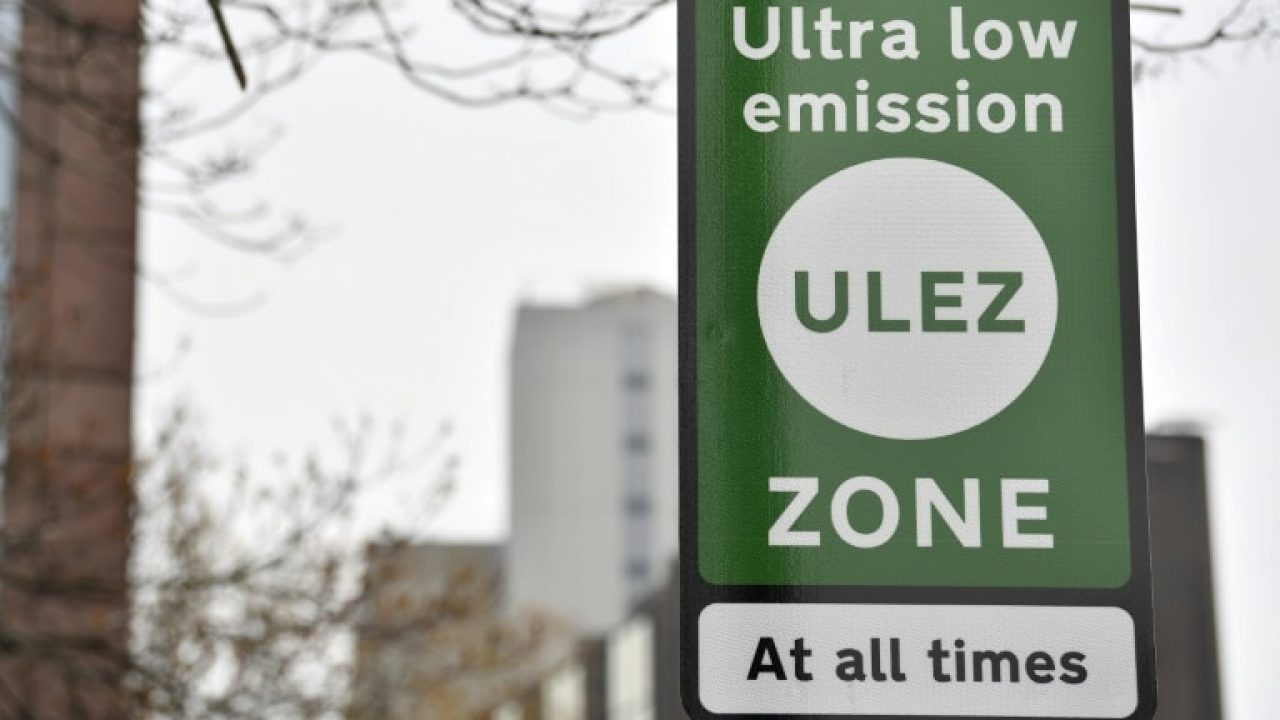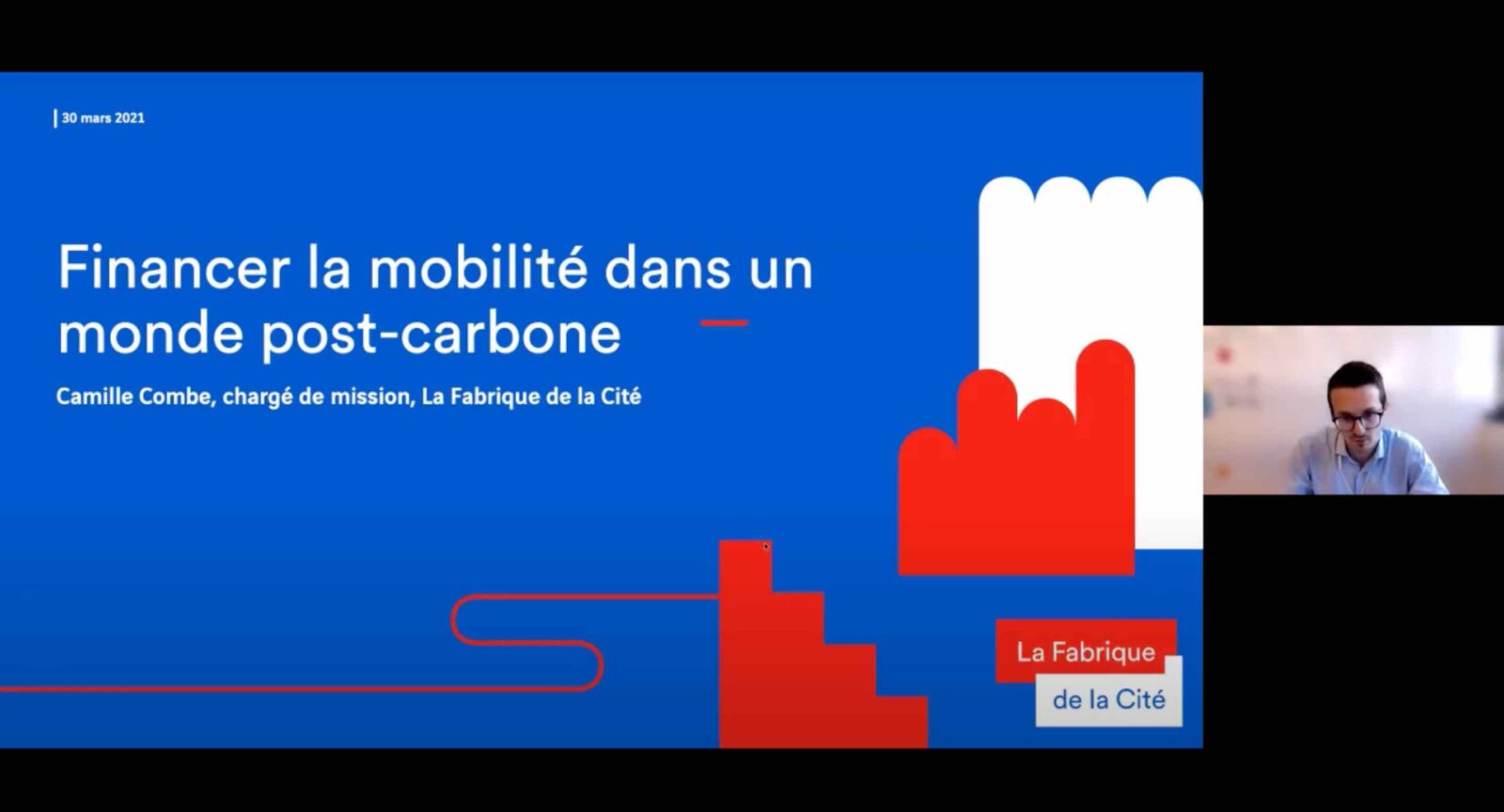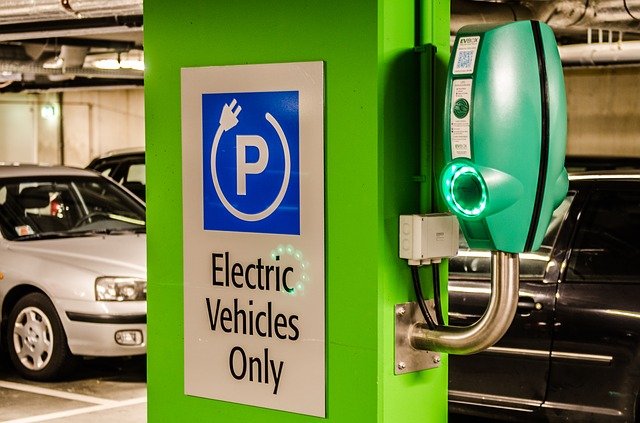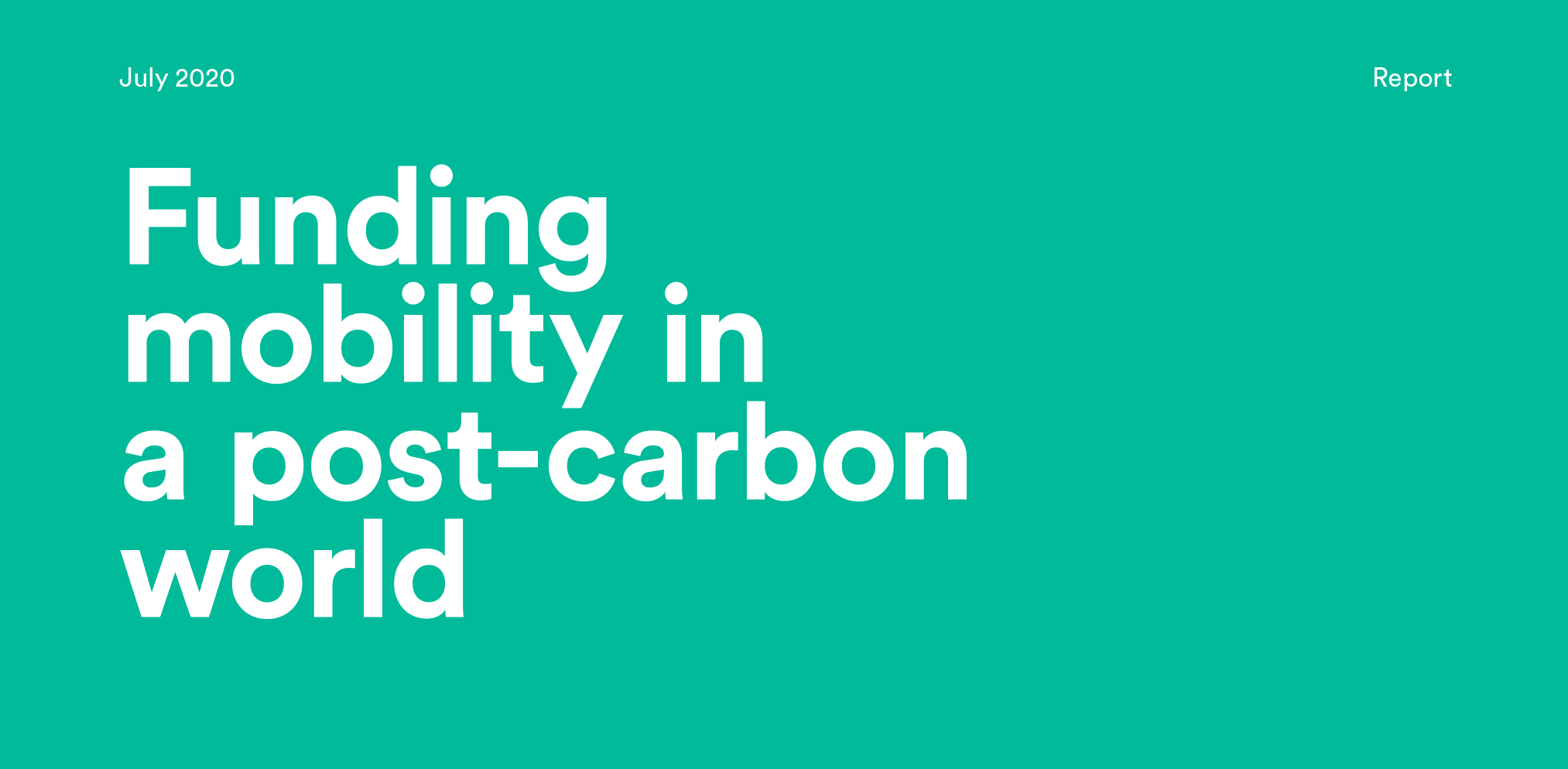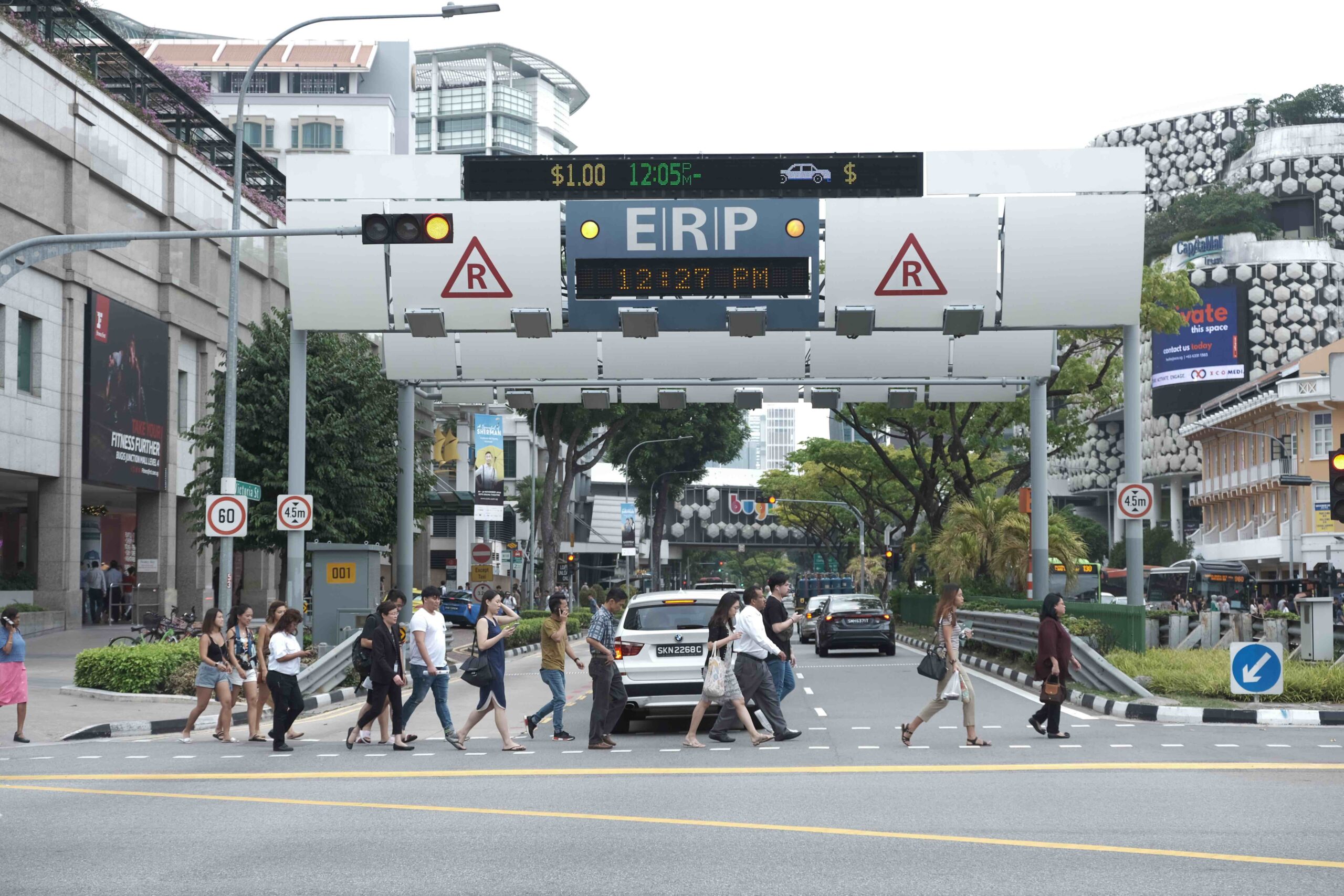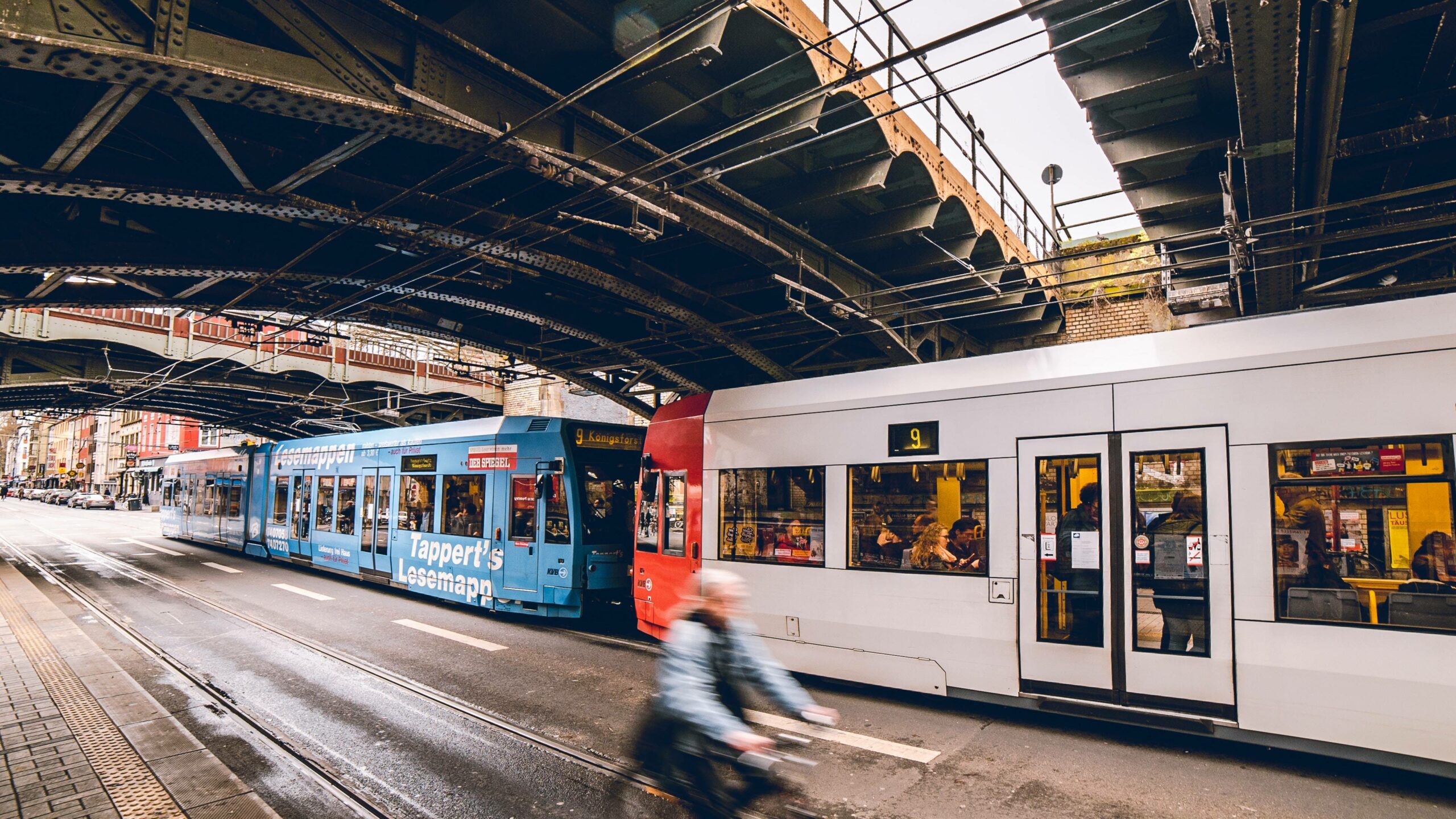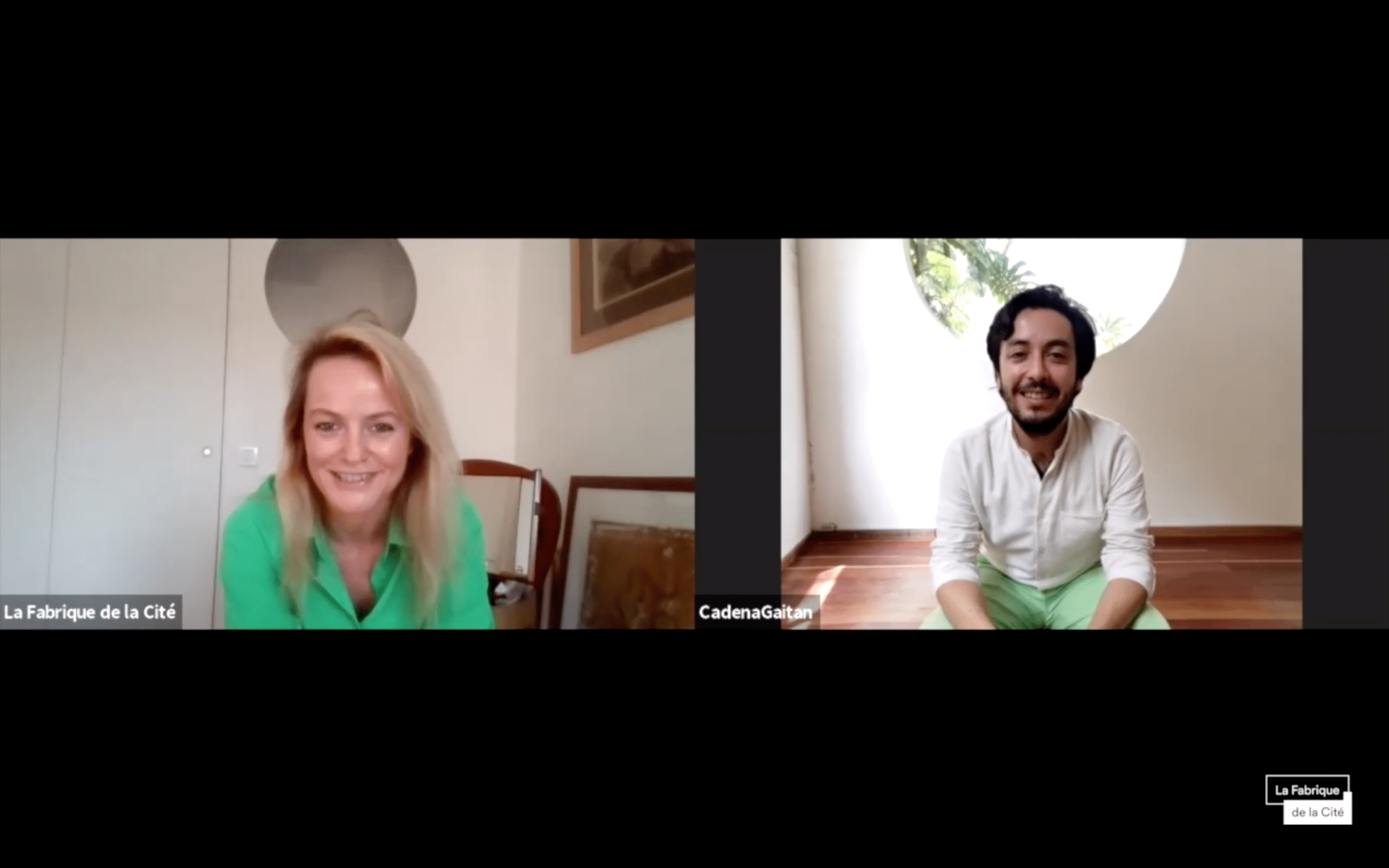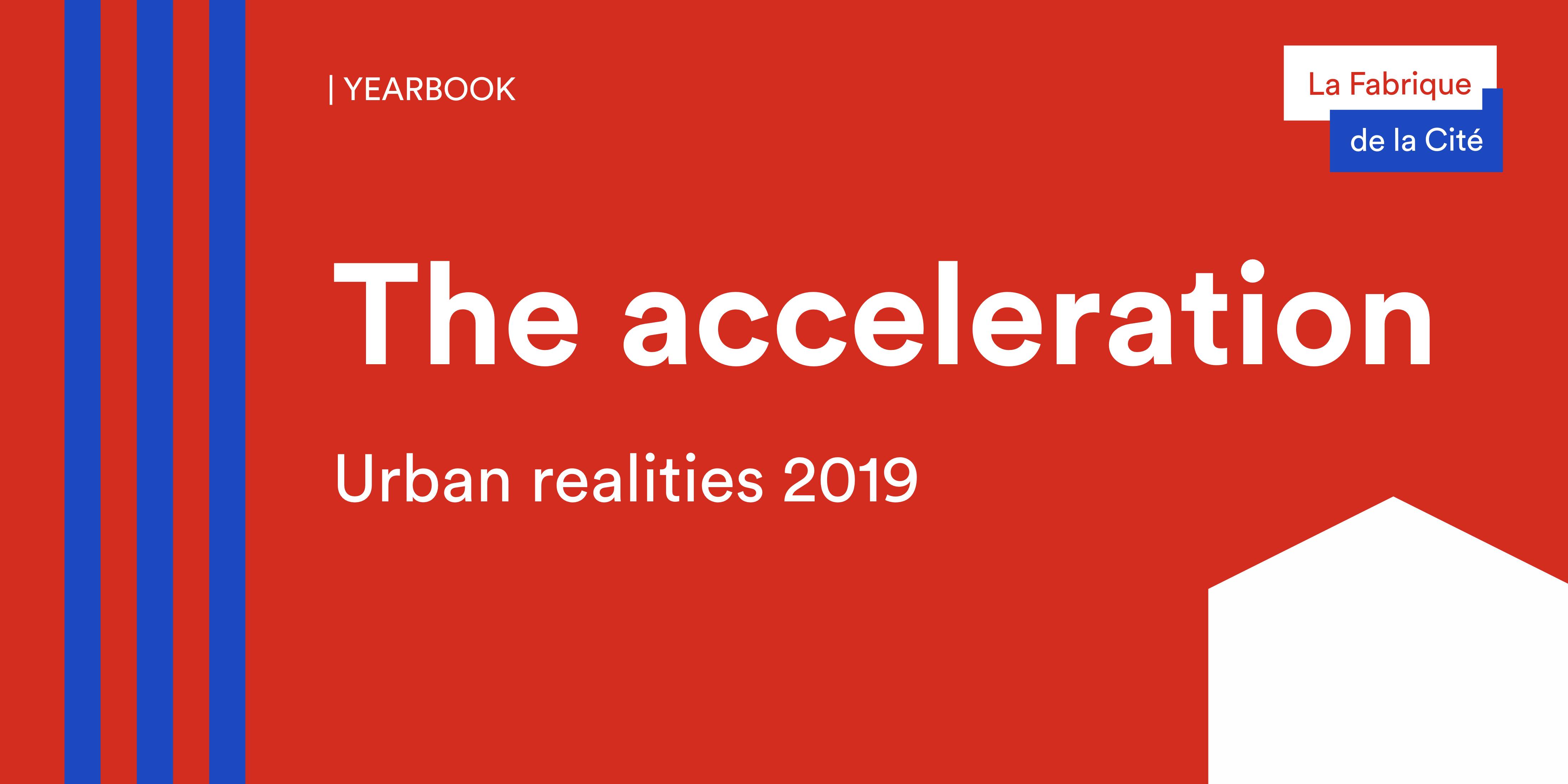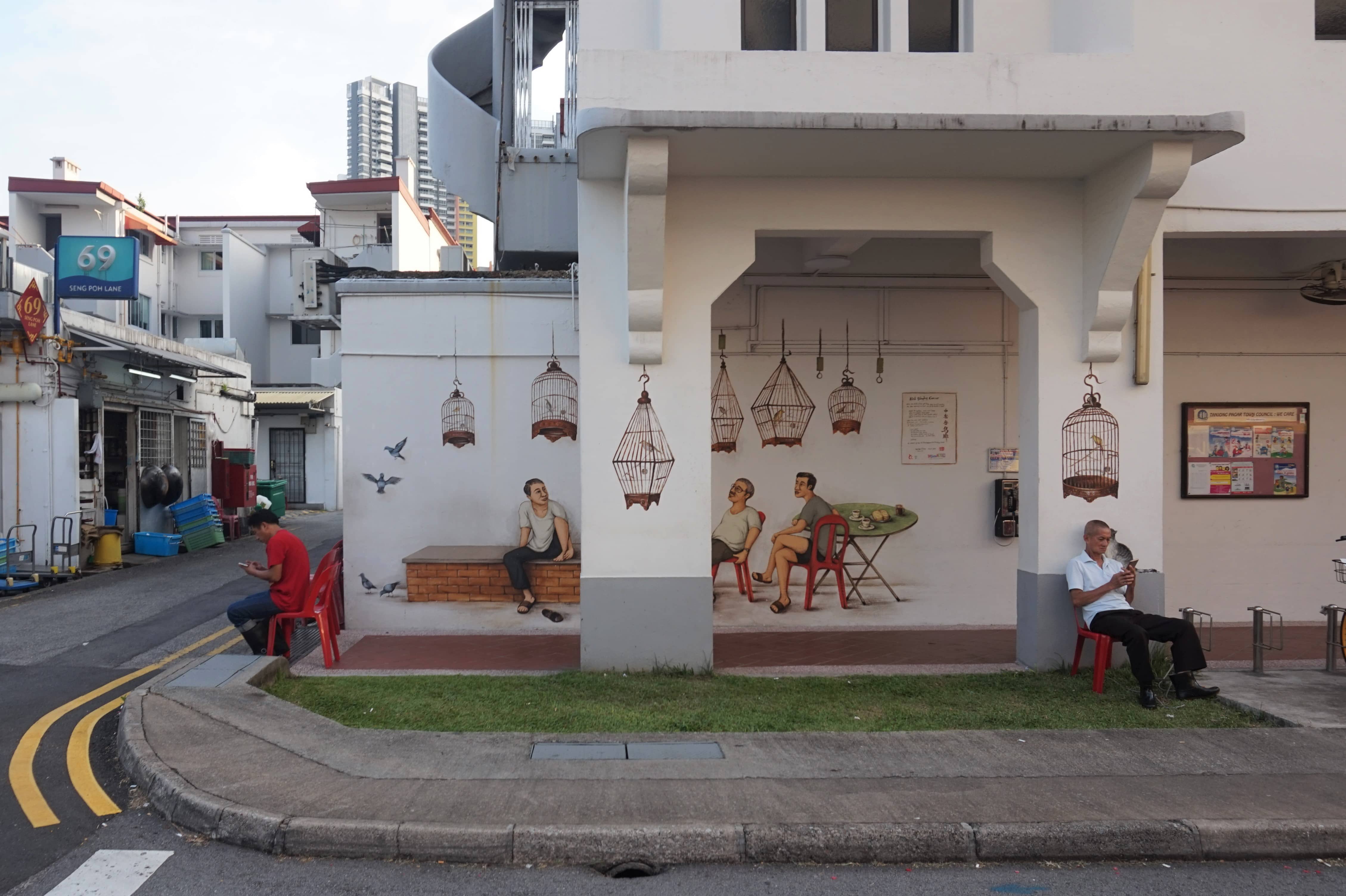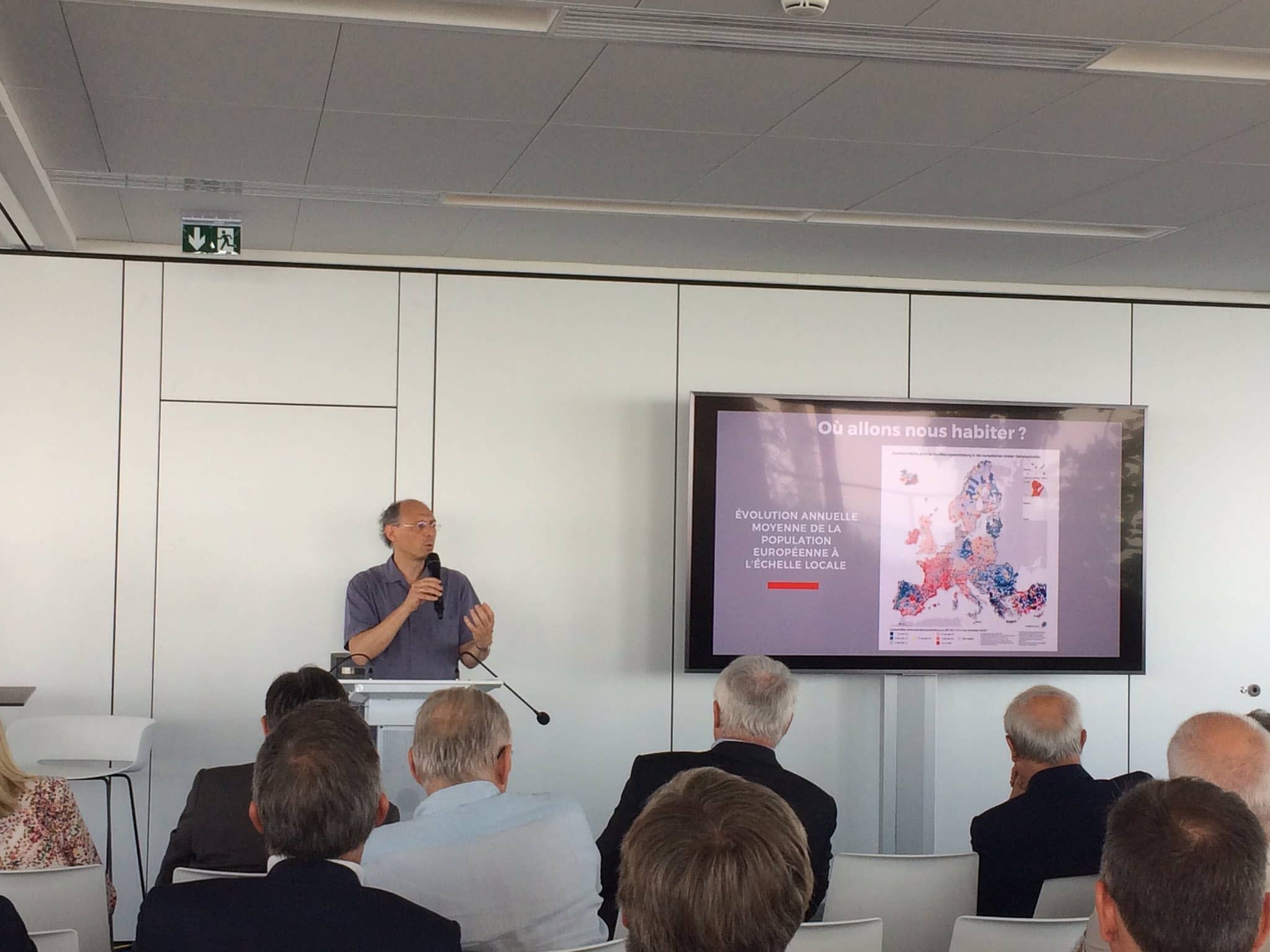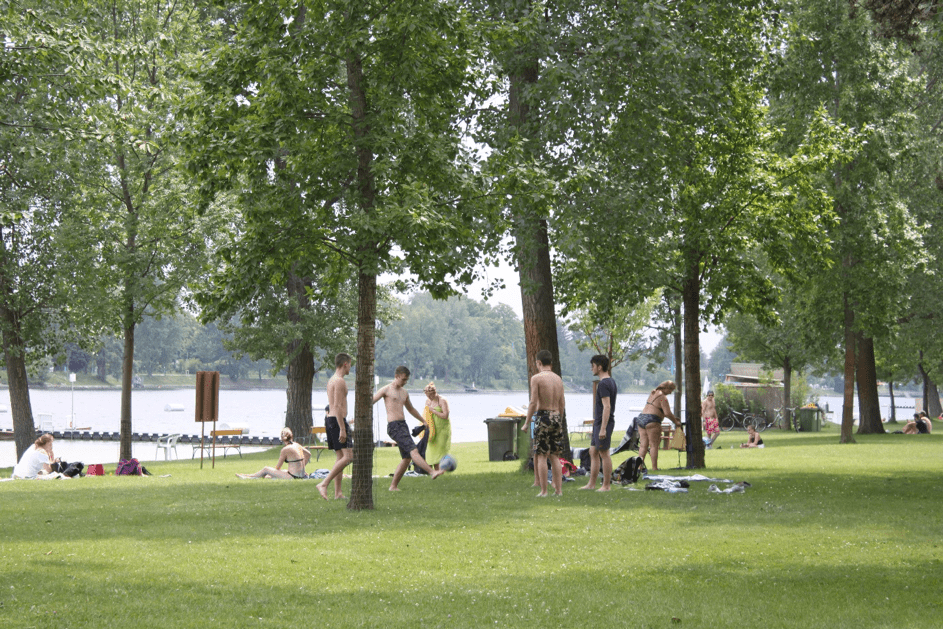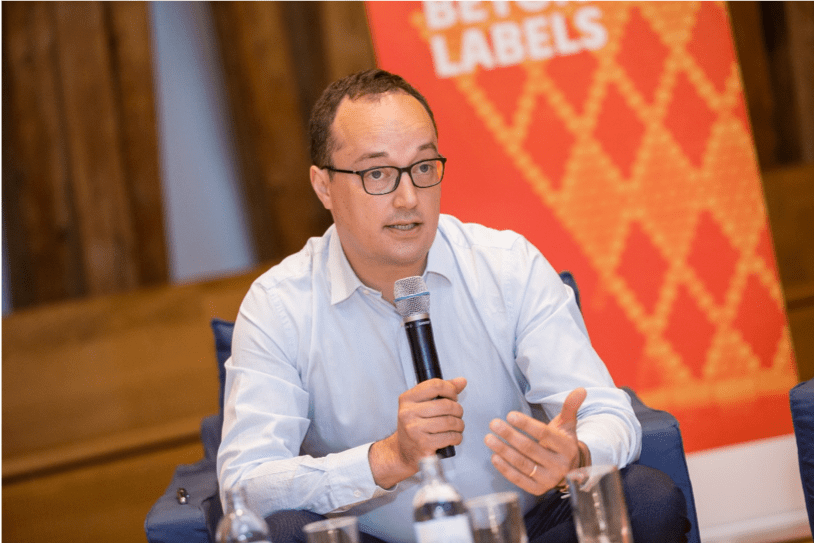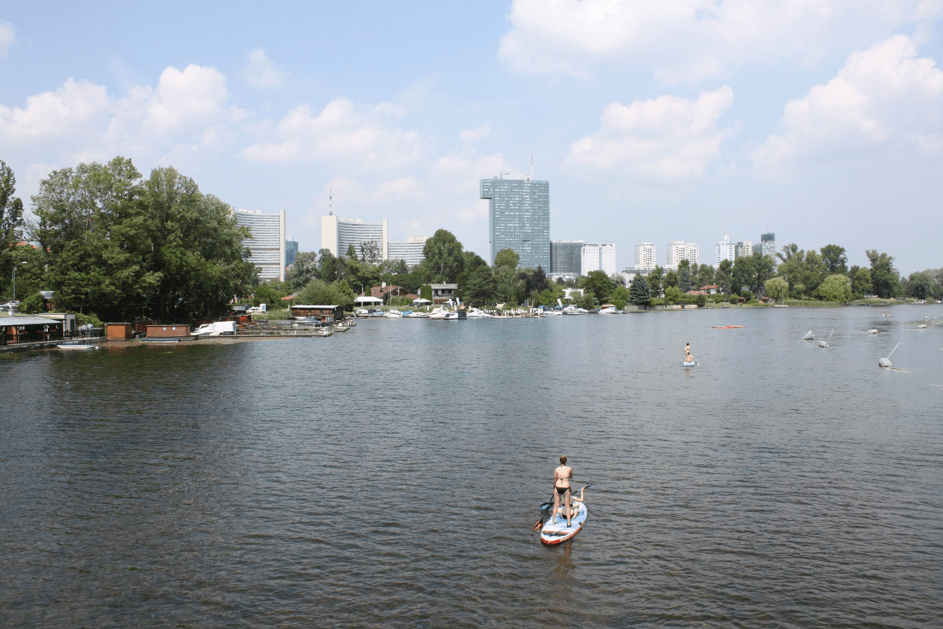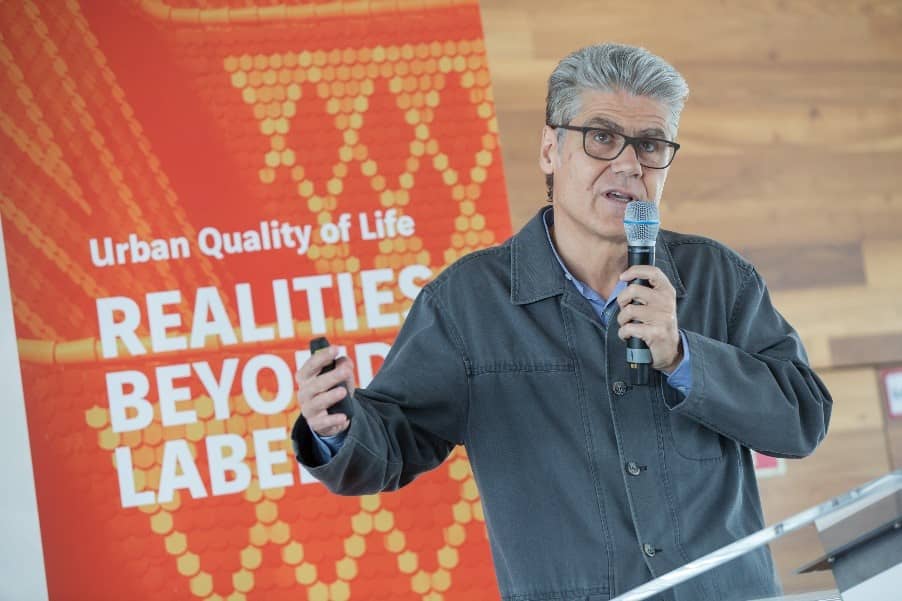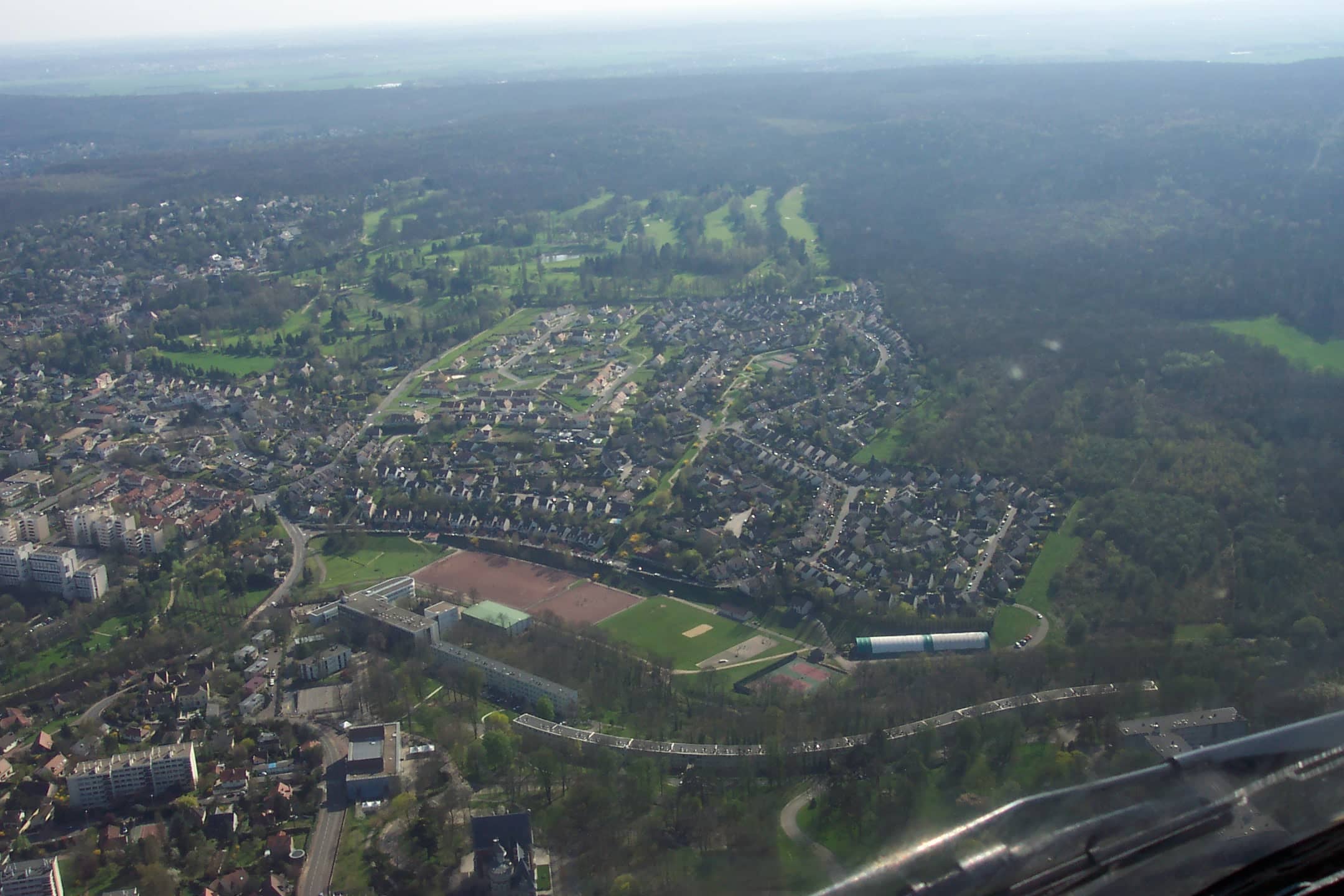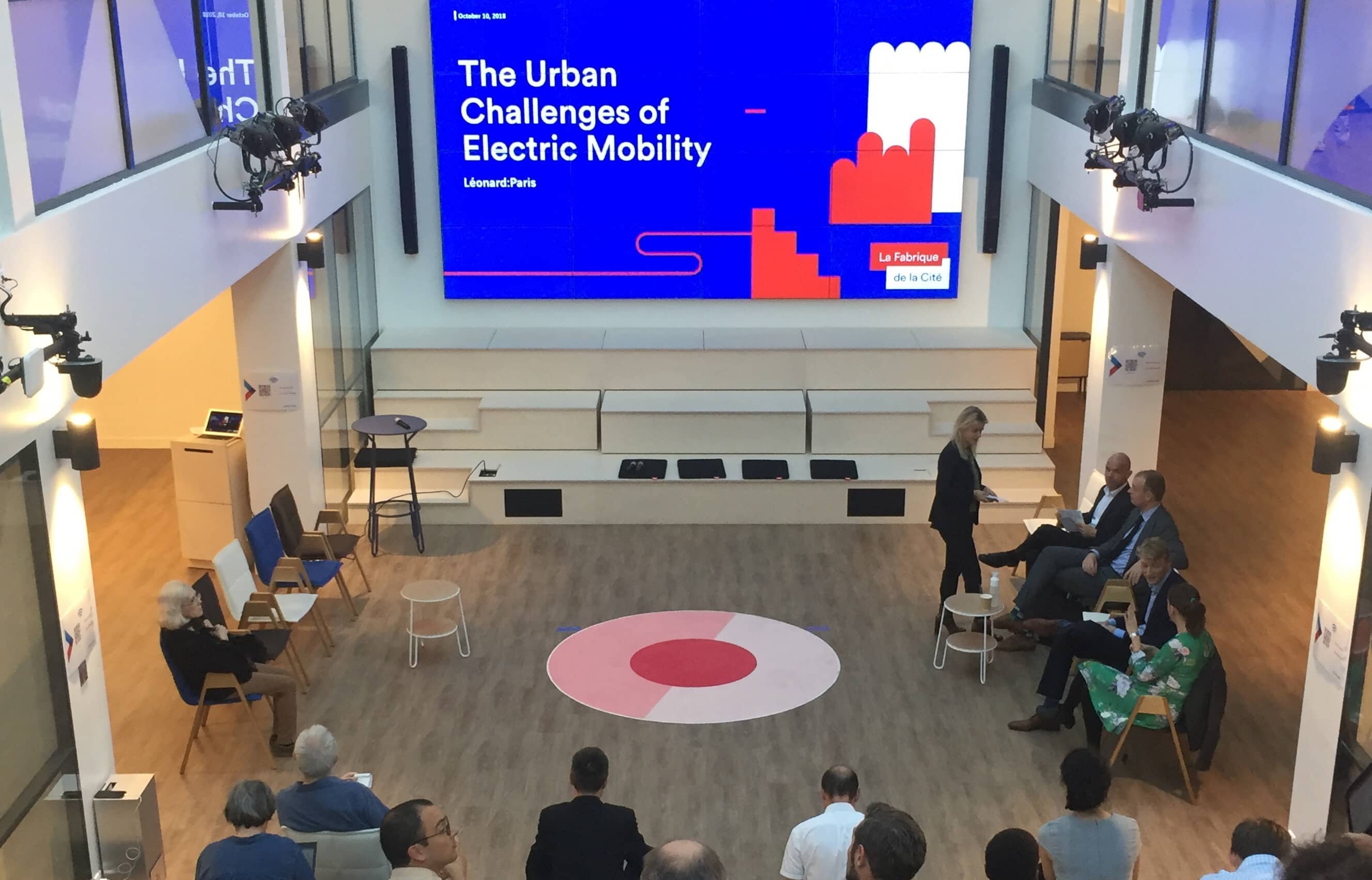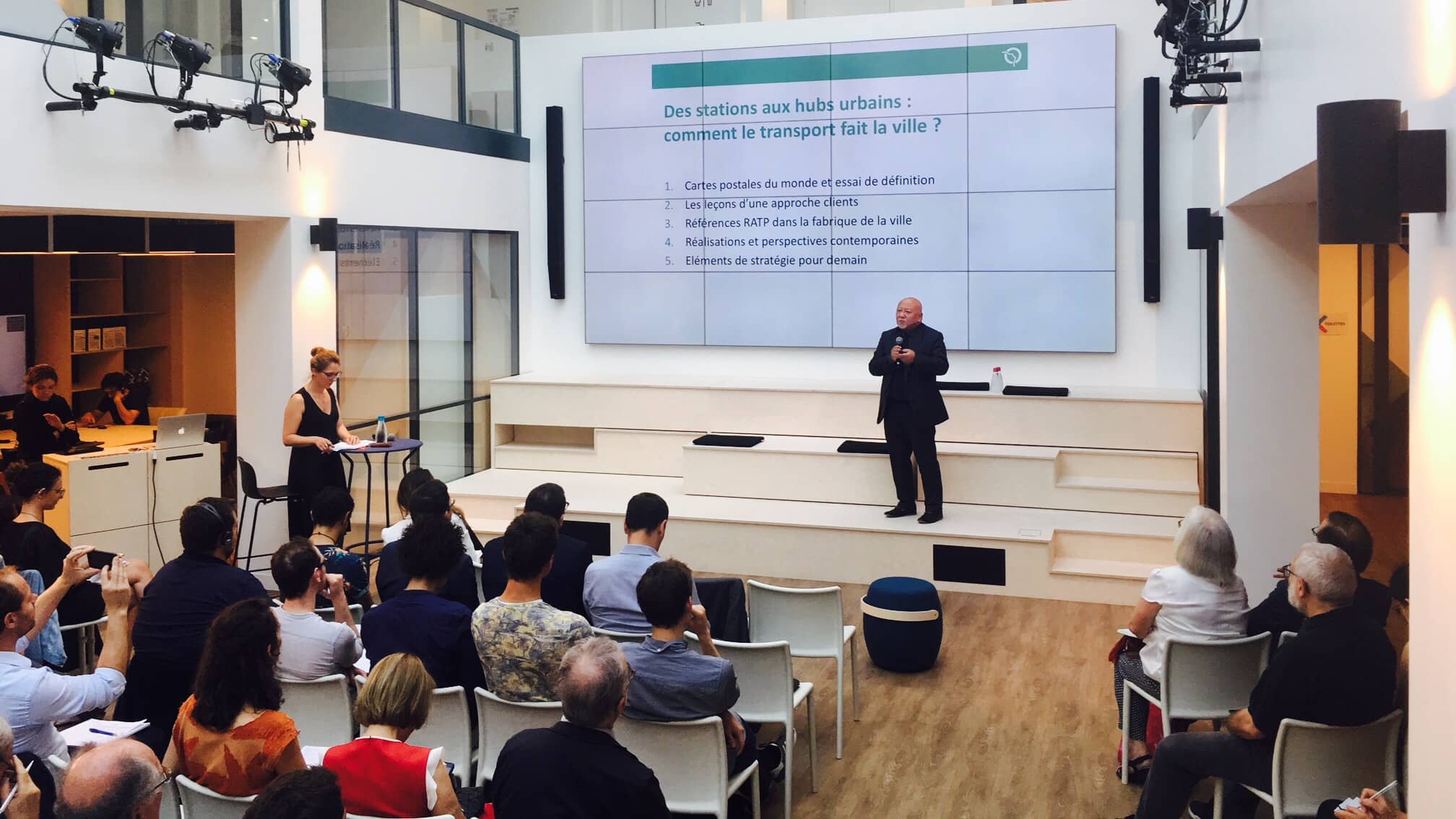

Coordinating mobility stakeholders: the AustriaTech platform – Interview with Martin Russ
Mobility services are undergoing swift and far-reaching changes. This is why the Austrian federal agency AustriaTech has been specifically tasked with considering and anticipating transitions (in services, stakeholders, user expectations, etc.) which affect the mobility sector, with a view to fostering dialogue between the various stakeholders. The aim is not so much to identify technological developments but rather to consider how they should be incorporated on a federal scale. La Fabrique de la Cité met Martin Russ, Managing Director of AustriaTech.
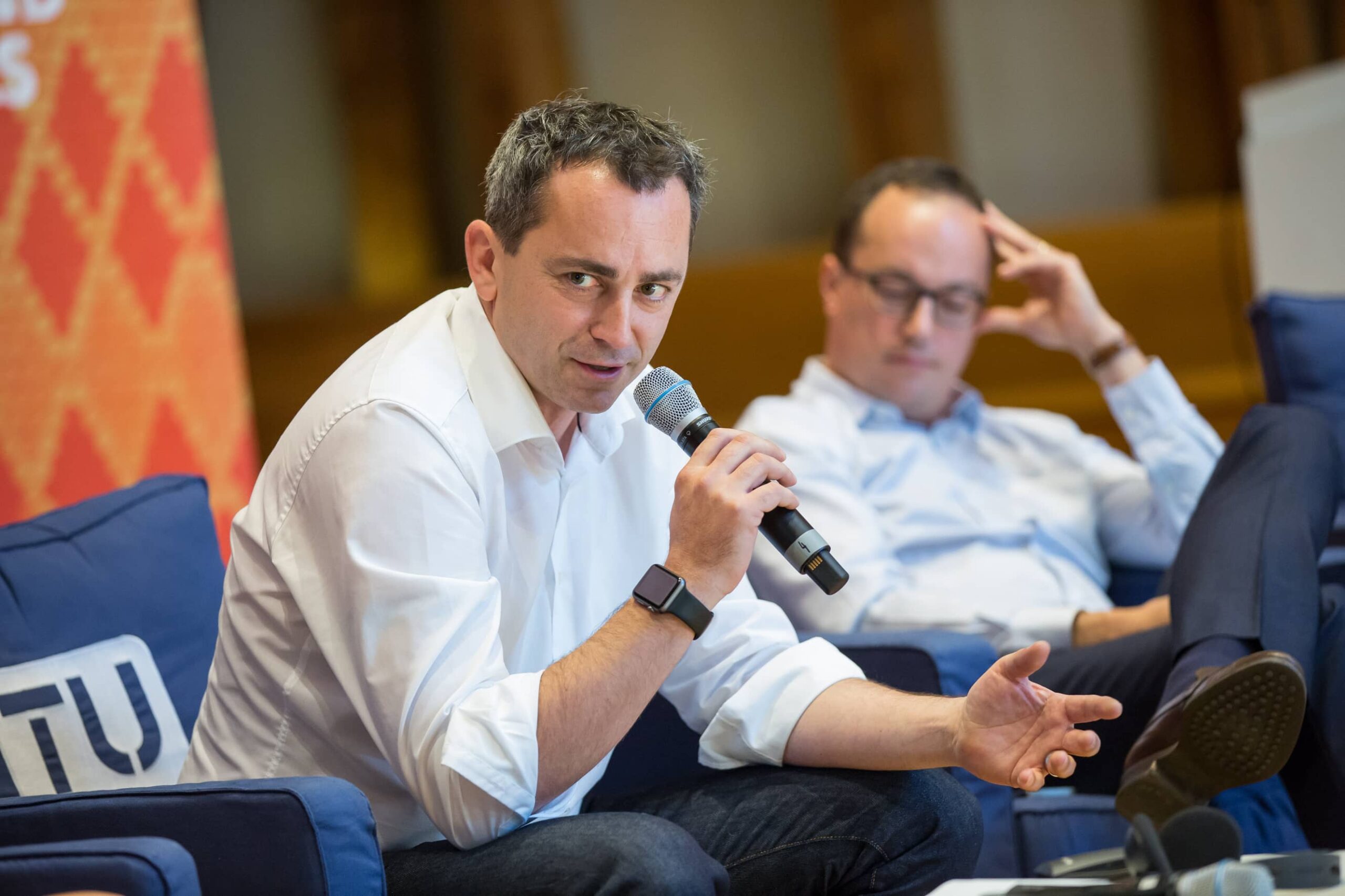
What are AustriaTech’s missions?
Established by the Austrian Ministry for Transport, Innovation and Technology, AustriaTech is tasked with assisting the Ministry in considering mobility across Austria on all scales and to anticipate change. It works with the Ministry to develop future mobility systems. These systems have several dimensions and really are complex in their design. The idea is to tackle changes in mobility services and the digitisation of existing services such as reducing the carbon intensity of mobility, making the network more flexible and developing safety, with the ultimate goal of supporting change at all levels. AustriaTech assists the Ministry in identifying the main breaking points. One of these breaking points is naturally digital technology, which is transforming mobility by promoting immediacy (everything must be immediately available) and services provided “on request”. This is a very interesting market for companies. Our approach involves supporting this transition by creating new financing models and fostering cooperation between the various stakeholders, ultimately in order to ensure an enhanced access to mobility for all.
Our role is therefore to work closely with the various stakeholders to put them into contact with each other and help them with the formalities. There are three main stakeholder groups: public services, companies and individuals. The challenge for public services is to collect and analyse data to be more efficient. They focus for example on a study of plug and play systems to anticipate the arrival of new services and to ensure that they can be aligned with the pre-existing structures at the different levels.
For companies, the challenge is to successfully develop optimised services in accordance with individual needs. This involves rethinking the very nature of mobility services, going beyond the single issue of vehicles. Mobility has a broad scope and provides a diversified market which should not be underestimated: most of the value created now comes from these new high added-value services.
As regards users, the challenge is to offer them a more diversified range of mobility services, in particular through the use of new technologies, both suited to their lifestyles and able to change them. In this area, we conduct many initiatives with young people and are thinking with them about the future of mobility services. This work has led us to consider how the mobility sector can be connected to other sectors, in particular housing and tourism.
How can mobility be organised in the future?

A new paradigm is emerging for mobility: mobility perceived as a service. This approach makes user needs the priority. The aim is to successfully combine this approach with positive repercussions for society, in particular from an environmental standpoint[1]. One of the major challenges for mobility today is decarbonisation. The phasing-out of fossil fuels results in far-reaching changes in the mobility sector. The major automotive equipment manufacturers will have to adapt: there will be a shift from a world focused on the automotive industry to one of automated systems and platforms. Electric mobility outlets, whether individual or on request, are already undergoing strong growth which is set to continue. Equipment manufacturers must be able to withstand the pressure from the Big Four and their position on automated mobility systems. To cope with change, the roles of the public sector, users and companies must be considered.
Mobility must now be considered as an ecosystem. More than a simple trip from point A to point B, there is a real mix of service provision, for which all stakeholders are interdependent. Mobility includes numerous services that range from transportation ticket sales to the maintenance of transport modes … Each provider wants to make users the focus but if the overall system is not consistent, the user loses out. This is where the platform developed by AustriaTech, ITS Austrian Platform, comes into play. It aims to cover and ensure coherence for all requirements, be they for the user, the need for companies to create value or federal public policy objectives.
The platform’s success required us to define common performance indicators on a policy level, new tax regimes and new standards, in addition to establishing user rights. In short, we had to create a common benchmark system so that the various stakeholders, despite their diversity, could express themselves in the same language.
We have also become aware of the fact that we needed precise feedback to gain a better understanding of the requirements and practical functioning of new technologies. This made it easier to target what needed to be regulated and how to achieve it. We have therefore established the mobiLAB, a branch of which is located in the Aspern Seestadt district of Vienna. This mobiLAB gives us a direct contact with inhabitants and local companies so we can understand more fully their practices and needs, collect the necessary data for this purpose and implement local experiments. We then use this data and local feedback in a more general consideration at regional and federal levels. The aim is to understand how the new local mobility outlets and the flows that they create can fit into more overall flows.
These other publications may also be of interest to you:

Funding mobility in a post-carbon world

Sending out an SOS

Behind the words: telecommuting

Behind the words: urban congestion

The political and technological challenges of future mobilities

Inventing the future of urban highways
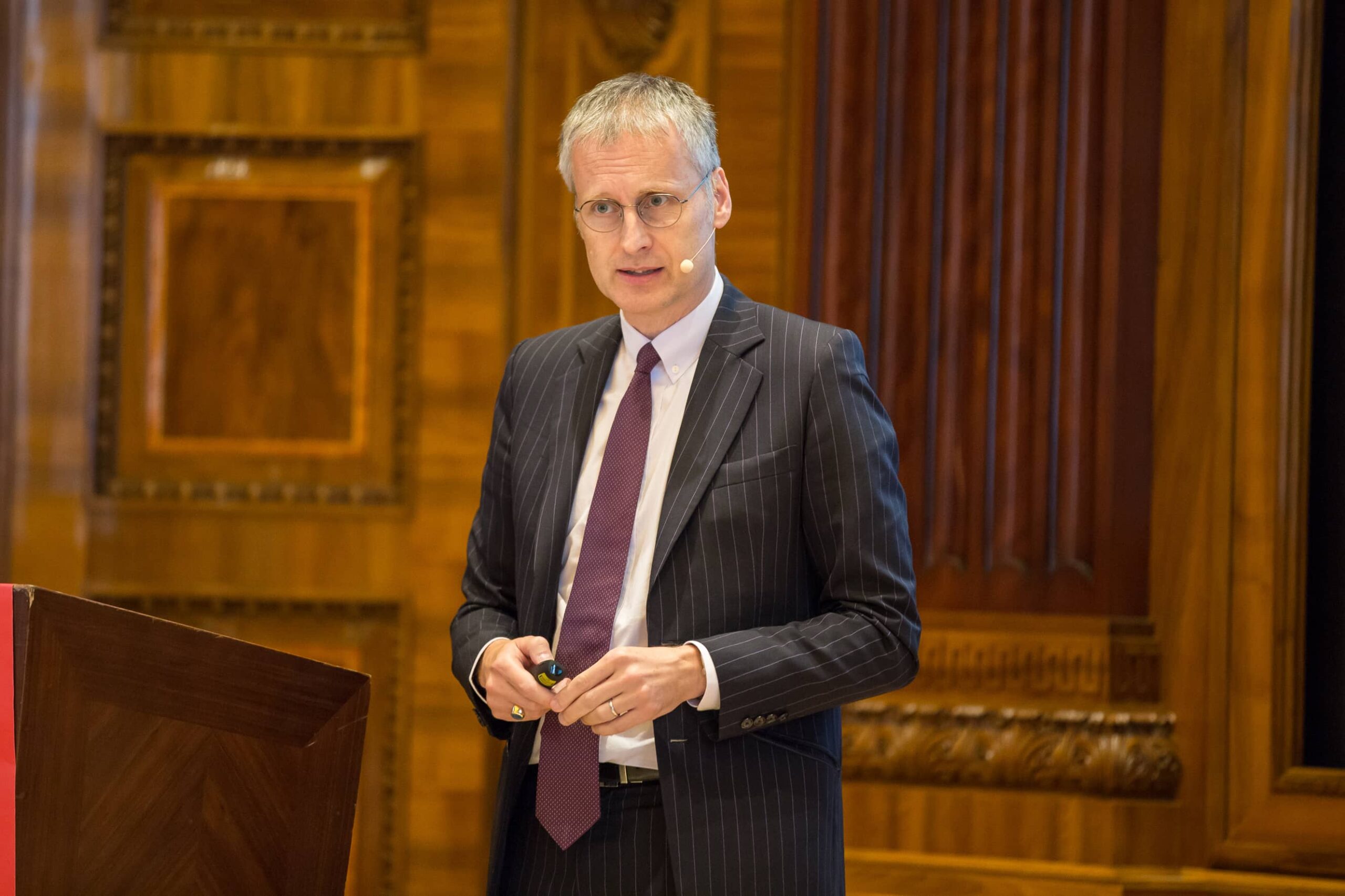
Viktor Mayer-Schönberger: what role does big data play in cities?
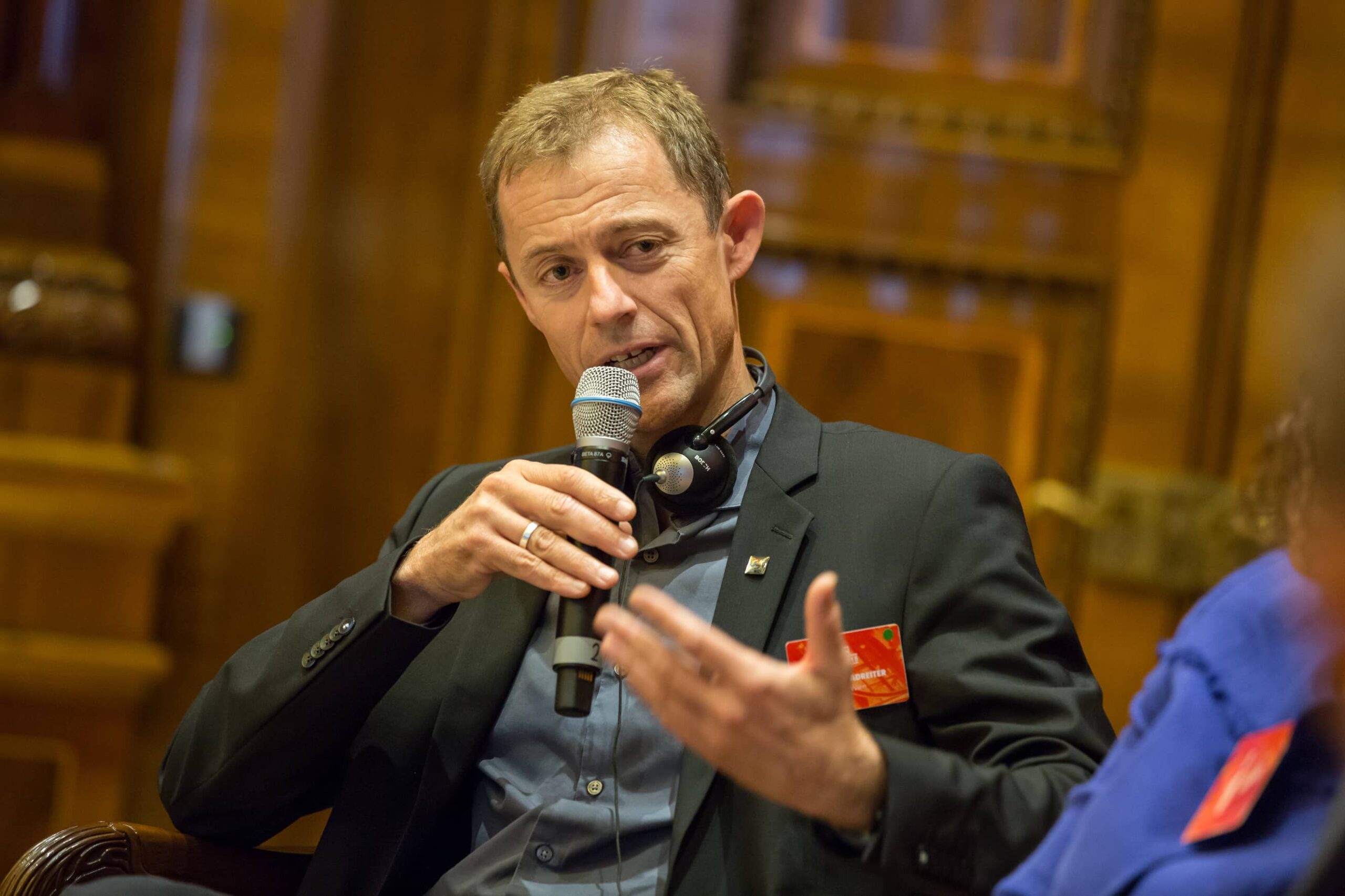
Thomas Madreiter: Vienna and the smart city
“Dig, baby, dig”
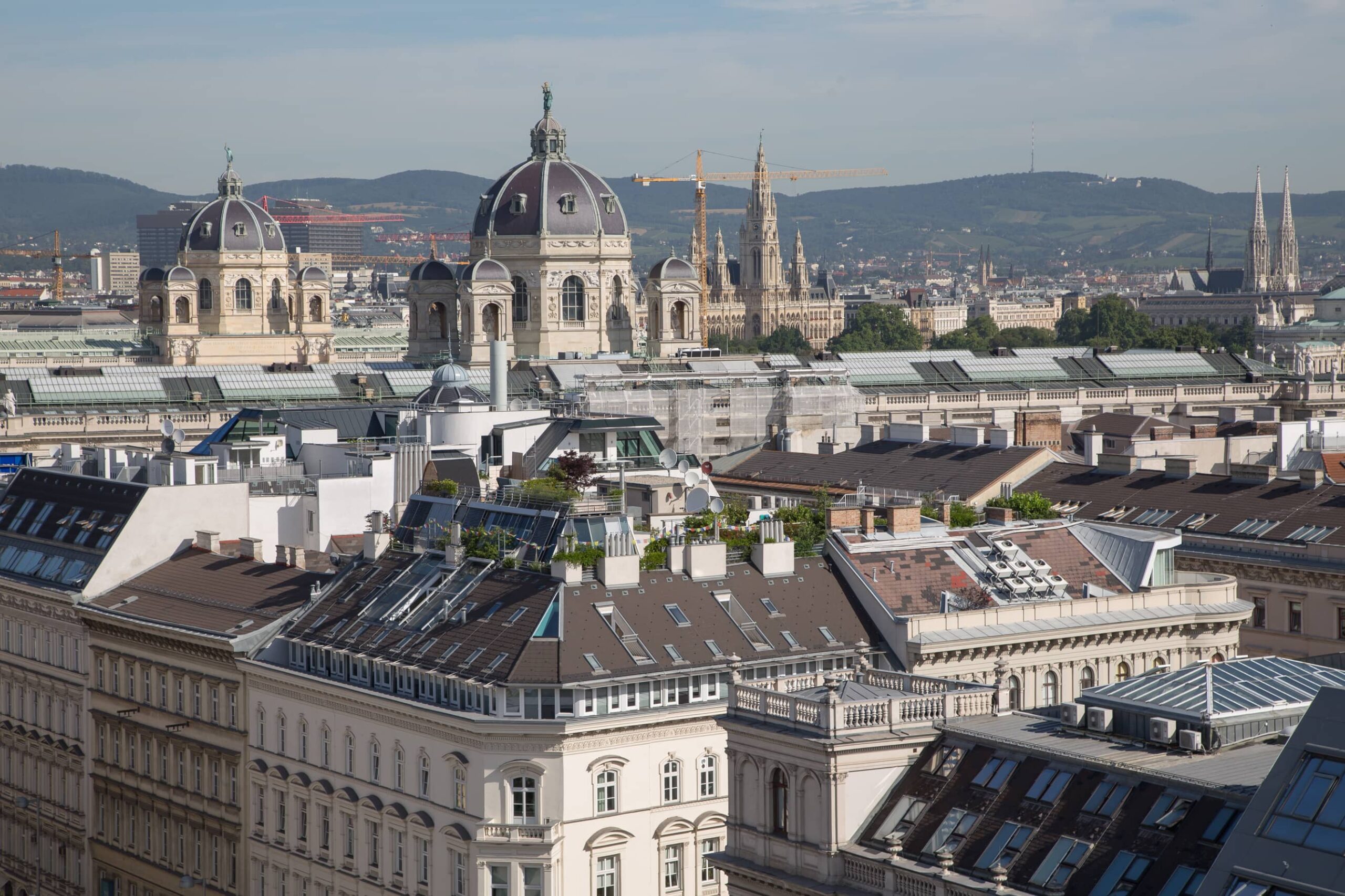
Vienna
La Fabrique de la Cité
La Fabrique de la Cité is a think tank dedicated to urban foresight, created by the VINCI group, its sponsor, in 2010. La Fabrique de la Cité acts as a forum where urban stakeholders, whether French or international, collaborate to bring forth new ways of building and rebuilding cities.

















